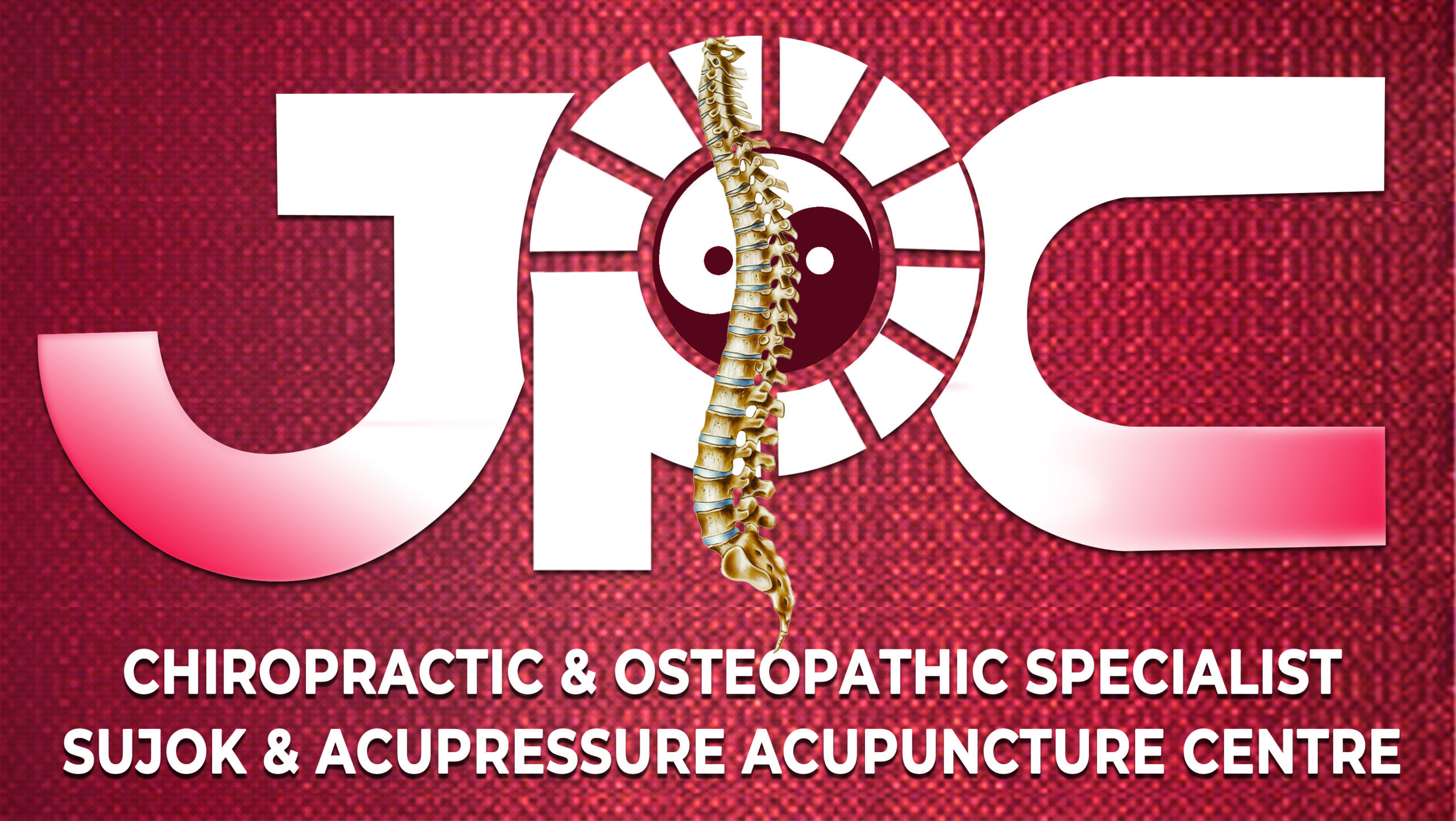Certainly! Here are the contents for appendix:
**Appendix:**
1. Introduction to the Appendix:
– Overview of the appendix and its location in the body.
– Description of its structure and function.
– Role of the appendix in the immune system.
2. Appendix Disorders:
– Appendicitis: Inflammation of the appendix.
– Causes and risk factors for appendicitis.
– Symptoms of appendicitis, including abdominal pain, nausea, and fever.
– Complications of untreated appendicitis.
3. Diagnosis of Appendix Disorders:
– Evaluation of medical history and symptoms.
– Physical examination and assessment of abdominal tenderness.
– Blood tests to check for signs of infection.
– Imaging tests (ultrasound, CT scan) to visualize the appendix.
4. Treatment of Appendicitis:
– Appendectomy: Surgical removal of the appendix.
– Laparoscopic vs. open appendectomy.
– Antibiotics to treat infection.
– Pain management and supportive care.
5. Appendectomy Recovery and Postoperative Care:
– Hospital stay and discharge instructions.
– Wound care and incision site care.
– Pain management and medications.
– Resuming regular activities and dietary recommendations.
– Potential complications and warning signs.
6. Appendicitis in Children:
– Unique considerations for pediatric appendicitis.
– Symptoms and diagnosis in children.
– Treatment options and surgical interventions.
– Recovery and postoperative care for children.
7. Appendicitis Prevention:
– No known specific preventive measures for appendicitis.
– General health practices for overall well-being.
– Prompt medical attention for abdominal pain.
8. Other Appendix-related Conditions:
– Appendiceal tumors: Benign and malignant growths in the appendix.
– Appendiceal abscess: Collection of pus near the appendix.
– Mucocele of the appendix: Abnormal enlargement caused by mucus buildup.
9. Appendix Health and General Well-being:
– Maintaining a healthy lifestyle and balanced diet.
– Regular exercise and physical activity.
– Managing stress and staying hydrated.
– Routine check-ups and preventive care.
It’s important to note that the information provided here is for educational purposes only and should not replace medical advice. If you suspect you have an appendix-related condition or are experiencing symptoms, it’s crucial to consult with a healthcare professional for accurate diagnosis, personalized advice, and appropriate treatment options.




